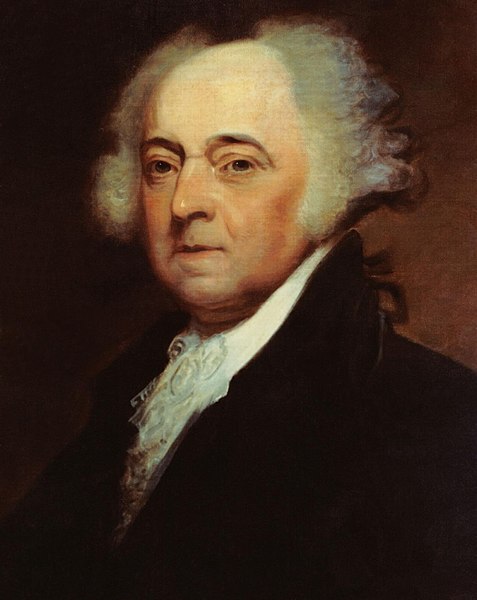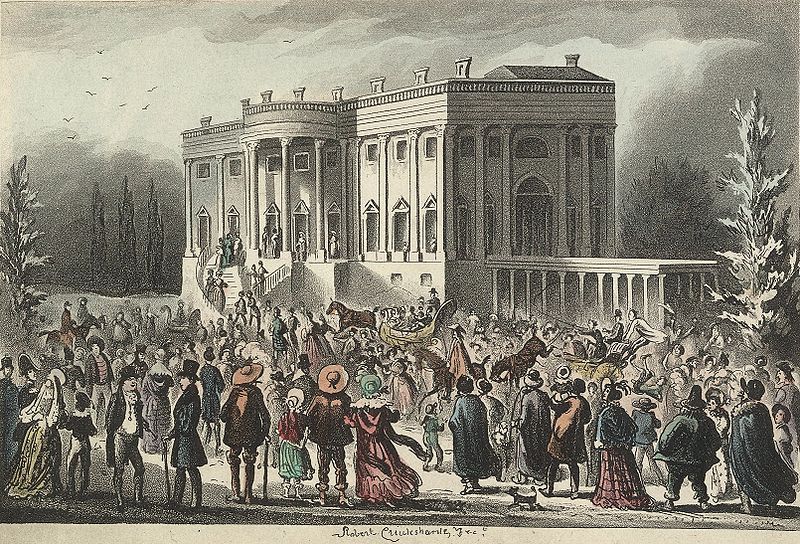Noodleface is often found "assisting" me in research by sitting in my chair, sitting on my printer, unloading the shredder to play with its contents, knocking over my books, and dragging my mousepad off to her lair. She is paid a stipend in tuna and a throne of texts.
Now you see why I get so much done.
Having Noodle around
Noodleface is also interested in presidential pets. She wants to know how one gets the privilege of making classified dossiers their own personal scratching post.
This begs a closer look. What kinds of crazy pets have been in the White House, and what kinds of antics did they get up to? Therefore...
Noodle Presents: Presidential Pets in History
Today's gone to the dogs. Canines: man's best friend, right? Turns out, dogs in the White House haven't always gone swimmingly. Let's take a look at some troublesome presidential beasts in this week's Noodle Special.
1. Harry Truman's Dog, Feller
To be fair, the problem wasn't really with Feller himself. Feller arrived one day as a gift for the Trumans, back when you could actually send packages to the White House that would end up in the Oval Office. The Trumans tried to "re-gift" Feller to their doctor, which put post-war Americans on the offensive against their apparent dog-hating president. Feller was eventually whisked off to a farm out of sight of the press where he lived with the family of a naval officer. And yes, it was verified that he actually lived the rest of his days on a farm, and not a "farm".
2. Bill Clinton's Dog, Buddy
Buddy was a good-looking chocolate lab pub in 1997 with a slightly misleading name: by all accounts he terrorized Socks, Chelsea Clinton's cat who had arrived at the White House with the Clintons in 1993. Buddies these two were not. When Socks was rehomed to Clinton's secretary as a ceasefire, cat-lovers lambasted the decision as though Clinton was some kind of Truman. Clinton himself admitted defeat on the matter after the fact, saying, "I did better with the Arabs -- the Palestinians and the Israelis -- than I have done with Socks and Buddy." (http://edition.cnn.com/TRANSCRIPTS/0101/12/ip.00.html)
3. Jimmy Carter's Dog, Grits

This sweet picture of Carter's daughter, Amy, and Grits, a border collie given to her by her teacher, is all we know of Grits. Seriously. Grits appeared, and then Grits was returned to the teacher. Considering that Jimmy Carter ran on campaign promises of transparency, including his famous 1976 "I will never lie to you", the flash-in-the-pan that was Grits' tenure in the White House is all the more mysterious.




